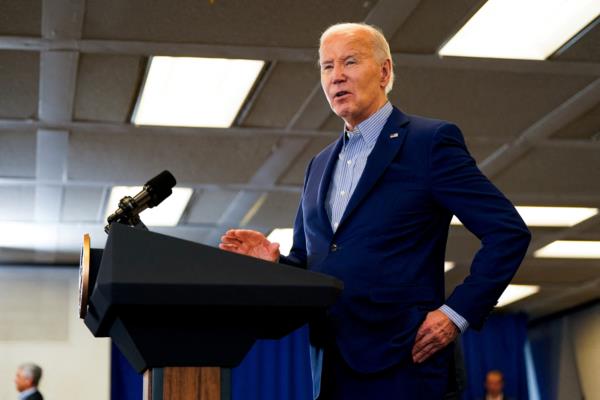
Recent statements from presidential candidate Joe Biden have indicated a potential escalation in the trade war between the United States and China. Biden's warnings about tariffs suggest a shift towards a more aggressive stance on trade relations with China, setting the stage for a contentious election battle.
The ongoing trade tensions between the two economic powerhouses have been a central issue in the upcoming election. Biden's stance on tariffs could significantly impact the direction of US-China trade policy if he were to win the presidency.
Experts suggest that Biden's rhetoric on tariffs reflects a broader strategy to appeal to American voters who are concerned about China's economic practices. By taking a tough stance on trade, Biden aims to position himself as a candidate who will prioritize American interests and protect domestic industries.
China has been a frequent target of criticism from both political parties in the US, with concerns ranging from intellectual property theft to unfair trade practices. Biden's warnings about tariffs signal a willingness to confront China on these issues and potentially impose stricter trade measures.
The prospect of increased tariffs and trade restrictions between the US and China could have far-reaching implications for global trade and economic stability. Both countries are major players in the global economy, and any escalation in trade tensions could have ripple effects across industries and markets worldwide.
As the election approaches, the issue of trade with China is likely to remain a key point of contention between the candidates. Biden's recent statements on tariffs underscore the importance of trade policy in shaping the future of US-China relations and the global economy.







